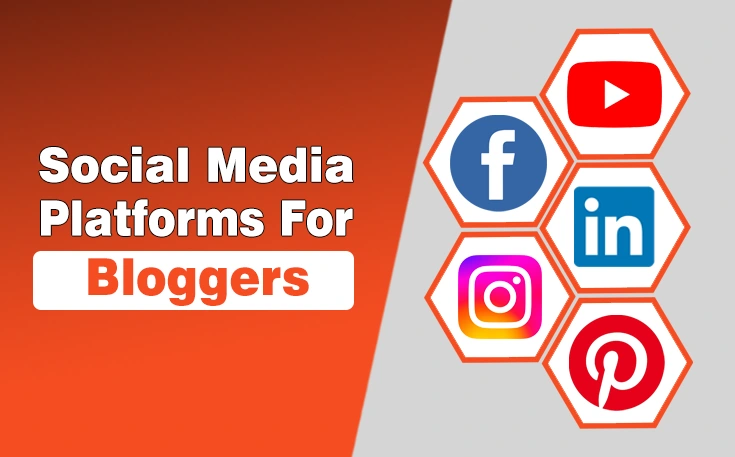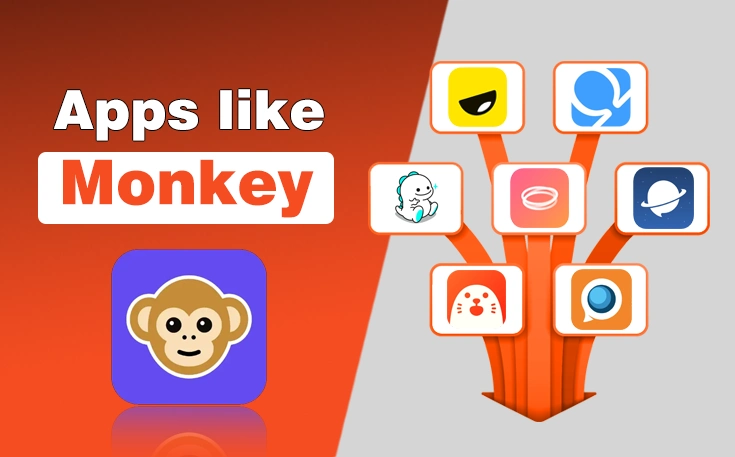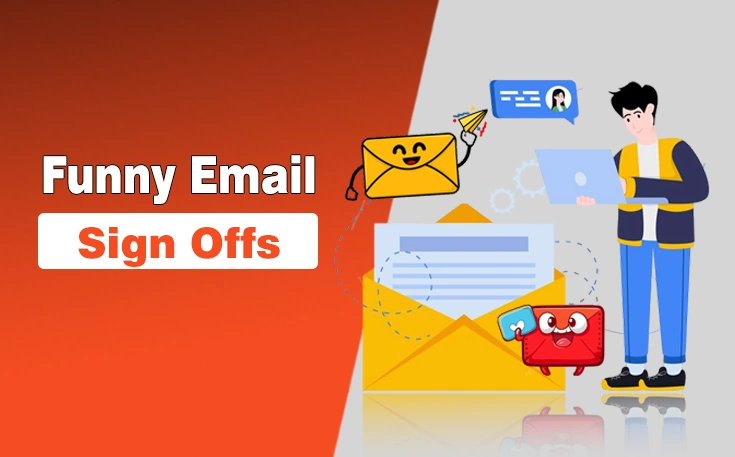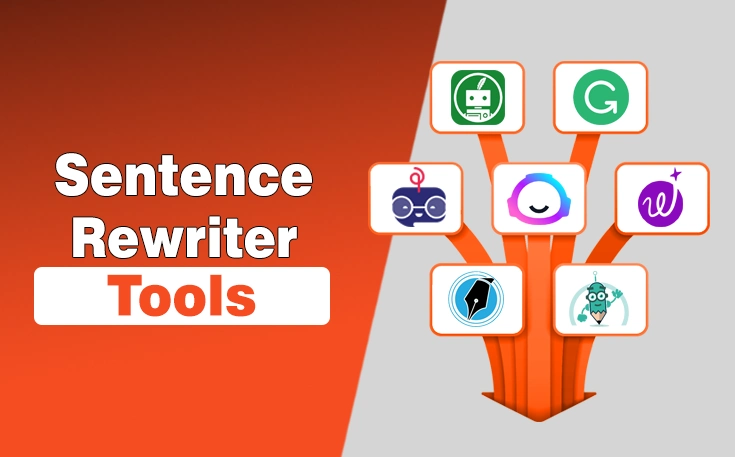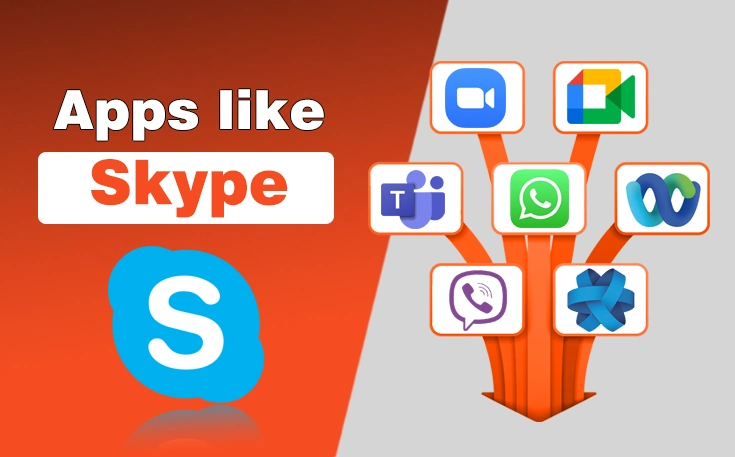In the modern era of digital marketing, social networking has become an essential tool for bloggers hoping to increase blog traffic, expand their readership, and enhance audience interaction. With so many options available, bloggers may need help deciding where to focus their time and energy.
Since every social media site has advantages and features, bloggers must identify their target audience and choose the platforms that best suit their objectives and content. Bloggers can boost their reach and influence in the digital world by checking stats and interaction levels across different platforms.
In this guide, I have listed some of the best social media platforms for bloggers, along with their unique perks and features.
Top 10 Social Media Platforms For Bloggers
Social media platform helps bloggers in promoting blogs to the right audience where they can engage with a larger number of users. However, with so many platforms, it is hard to choose the right platform that aligns with your goals to reach the target audience.
Let’s check out the list of top social media platforms for bloggers to engage with their target audience.
List of Top Social Media Platforms for Bloggers
- Facebook: Community building and sharing long-form content
- Instagram: Visual storytelling and personal branding
- X (Twitter): Real-time updates and connecting with thought leaders
- Pinterest: Visual content and evergreen traffic
- LinkedIn: Professional networking and thought leadership
- YouTube: Video content and tutorials
- TikTok: Short, engaging, and viral content.
- Reddit: Niche communities and organic discussions
- Quora: Answering questions and sharing expertise
- Medium: Long-form content and writing-focused bloggers
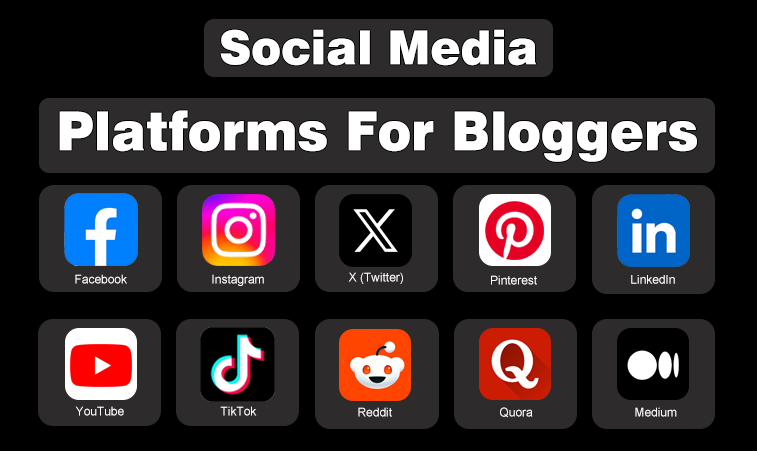
1- Facebook
Facebook is one of the most adaptable venues for bloggers. It provides a sizeable monthly audience with more than 3.065 billion active users. Bloggers can designate specific blog pages, disseminate content, and interact with readers via direct messages and comments.
Facebook groups offer a chance to interact with specialized communities, exchange knowledge, and increase blog traffic. With its broad reach and interactive features, Facebook offers various advertising options for bloggers to promote their content and attract a larger audience. Using Facebook’s targeted advertising tools, bloggers can effectively reach their desired demographic and potentially increase their blog’s visibility and engagement.
Facebook Key Features:
- Displays updates from friends, pages, and groups you follow.
- Allows users to connect with others and control privacy settings.
- A personalized profile where users can share their activities and milestones.
- Users can express approval or emotions toward posts.
- Allows interaction via comments on posts or private messaging.
- Alerts users about important activities or updates.
Pros
- Connectivity with large users
- Latest information
- Groups and communities
- Easy marketing of products and services
Cons
- Potential for fake news
- Can be distracting

2- Instagram
Instagram is a preferred platform for bloggers who specialize in visually appealing content. It’s ideal for lifestyle, fashion, travel, and cuisine bloggers because it’s a visual platform. With great photos and IGTV and Instagram stories to tell stories can help build a powerful brand presence.
Using hashtags and collaborating with influencers can help you gain attention. Instagram and apps like Instagram are useful for bloggers to engage with their target audience because of its easy-to-use design and extensive reach.
Instagram’s algorithm prioritizes engagement, making it crucial for bloggers to actively interact with their audience through comments, likes, and direct messages to foster a loyal community.
Instagram key Features:
- Share photos and videos with captions, location tags, and filters.
- Temporary posts that disappear after 24 hours, with options for polls, quizzes, GIFs, and stickers.
- Short-form video content, ideal for entertainment or tutorials.
- Broadcast in real-time to your followers.
- Private messaging between users.
- Allows users to buy products directly through posts and stories.
Pros
- Global community connectivity
- Best platform for marketing
- Products promotions
- Easy to Increase reach
Cons
- Addiction and time consuming
- Only short-form content can reach more
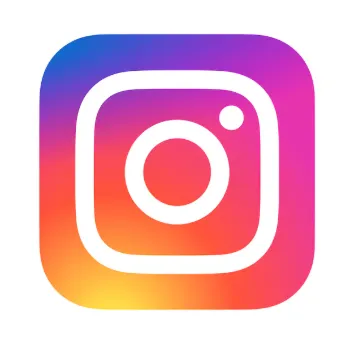
3- X (Formerly Known as Twitter)
X is a well-known microblogging site for its timely updates and brief writing. Twitter is a helpful tool for bloggers to converse with their audience, communicate quick thoughts, and update their blogs. Including hashtags improves discoverability, and retweets can increase the reach of your material.
Twitter is a fantastic platform for connecting with significant individuals and other bloggers. With its live chat feature, Twitter allows users to engage in real-time conversations with their followers and discuss popular topics. The ability to share multimedia information, such as photographs and videos, improves the overall user experience on Twitter, making it a versatile platform for bloggers to exhibit their work and interact with a larger audience.
X (Twitter) Key Features:
- X excels at delivering live updates globally.
- A go-to for breaking news and trending topics.
- Users are limited to 280 characters, encouraging brief, to-the-point messaging.
- Features like post-editing, longer posts, video uploads, and prioritization of replies.
- X is incorporating e-commerce functionalities and supports multimedia content.
Pros
- Real-time communication and engagement
- Reach a wide audience
- Customer engagement and feedback
- Access to information and news
Cons
- Spread of misinformation
- Business Risks

4- Pinterest
Though it sometimes needs to be more utilized, Pinterest may be a very effective tool for increasing blog visitors. It is a visual search engine, perfect for people interested in crafts, recipes, DIY projects, and home décor. Bloggers can reach a large audience of users actively looking for inspiration and information by using visually appealing pins and SEO-friendly descriptions.
Apps like Pinterest allow bloggers to tap into a niche audience interested in their writing topics. By optimizing their pins and descriptions with relevant keywords, bloggers can increase their visibility and drive targeted traffic to their blogs. Pinterest’s algorithm favors fresh and engaging content, making it essential for bloggers to regularly update their boards with new and captivating pins to maintain a strong presence on the platform.
Pinterest Key Features:
- Visual content, including images and videos, that users can share, save, and explore.
- Organized collections where users can group their pins by themes or categories.
- Allows users to search for specific objects within an image
- Easy to find related products or inspiration
- Users can buy items directly through Pinterest via product pins linked to online stores.
Pros
- Discover ideas and inspiration
- Large and Engaged Audience
- Potential for Driving Traffic and Sales
- Cost-Effective Advertising
Cons
- Primarily Female User Base
- Requires High-Quality Visuals
- Algorithm Changes
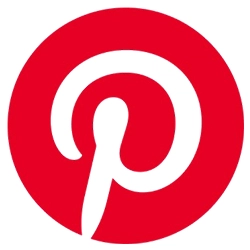
5- LinkedIn
LinkedIn isn’t just for job searchers; it’s also a helpful tool for bloggers, particularly those in niche areas or seeking professional development. Bloggers can offer their expertise through long-form writing, network with other professionals, and join relevant organizations. Gaining credibility on LinkedIn might draw in new business and present joint venture and collaboration possibilities.
Bloggers can establish themselves as thought leaders and expand their reach to a broader audience through LinkedIn. LinkedIn’s publishing platform allows bloggers to showcase their expertise by publishing articles directly on the forum, enhancing their authority and visibility within their niche.
LinkedIn Key Features:
- Add a professional photo, headline, and detailed work history to enhance visibility.
- Connect with professionals, join groups, and follow companies.
- Highlight skills and gather professional endorsements.
- Broadcast live videos to engage your audience in real-time.
- Co-author articles with other professionals to increase exposure.
- Create polls to engage with your network.
Pros
- Networking opportunities
- Professional branding
- Connection with like-minded people
- Stay updated on industry trends
Cons
- For wider reach need a premium subscription
- Potentials for scams

6- YouTube
YouTube is an excellent medium for bloggers who are comfortable creating videos. Producing educational and entertaining videos can draw viewers from various backgrounds. Bloggers can monetize youTube channel through advertisements and sponsorships, providing an additional revenue stream.
With its large user base and enormous reach, YouTube has become a platform where viral material may swiftly gain traction and dominate online. This viral content not only attracts millions of views but also has the potential to propel bloggers to overnight fame and success. However, YouTube algorithm is slow and takes time to be successful. For short time success and grow they will need proper Youtube SEO to standout of competition.
YouTube Key Features:
- Supports high-definition video and various formats, including 4K and VR.
- Allows creators to stream live videos to their audience.
- Users can engage through comments, live chats, and posts on the Community tab.
- Creators can earn through ads, memberships, Super Chats, and merchandise shelf integration.
- Organize content into playlists, with the ability to create personalized channels.
- A platform for uploading short, vertical videos similar to TikTok.
Pros
- Large user base
- Marketing and earning source
- Long-form content sharing
- Free to use
Cons
- Advertisements and distractions
- Inappropriate content

7. TikTok
TikTok is perfect for bloggers who can get creative with short videos. It’s a platform known for viral trends, and if you can adapt your blog topics to fun, digestible video formats, you can gain rapid attention. You can use TikTok and apps like TikTok for lifestyle, fashion, beauty, and niche blogging that thrives on visuals and creativity.
All you need is to create engaging and relevant content with your blog to increase engagement with the audience. In this way, you can build trust and loyalty with readers and increase blog traffic.
TikTok Key Features:
- Users can record videos in segments or one continuous shot within the app.
- Various visual effects, such as green screens, interactive backgrounds, and facial masks.
- Customize videos with speed adjustments, stickers, background music, and voiceovers.
- Duet and Stitch allow users to collaborate or react to others’ content.
- TikTok enables adding music from an extensive library to enhance videos
Pros
- Entertainment and creative
- Easy to reach people
- Best for marketing
- Engagement with like mined peoples
Cons
- Content Creation Challenges
- Fleeting Trends
- Limited Analytics & Measurement

8. Reddit
Reddit is perfect for bloggers who want to engage in topic-specific communities (called subreddits). You can drive traffic back to your blog by sharing valuable insights, and expertise, and answering questions on the platform.
It is the best platform for community engagement where you can connect with like-minded individuals, and participate in discussions related to your niche to build a community for your blog. However, you should avoid overt self-promotion, as Reddit users value genuine engagement.
Reddit Key Features:
- Communities focused on specific topics, each with its own rules and norms.
- Users can submit content (links, text, etc.) which others can upvote or downvote.
- The most popular posts rise to the top.
- Users gain karma through upvoted posts and comments, reflecting their contributions’ value.
- Direct messaging between users.
Pros
- Vast Audience & Niche Focus
- Instant Feedback & Community Engagement
- Traffic Generation
- Low Cost Promotion
Cons
- Time Commitment
- Content Format Limitations

9. Quora
Quora allows you to establish yourself as an expert in your field by answering questions related to your blog’s topics. Unlike other social media platforms, it is more useful for bloggers as they can discover trending topics and questions related to their niche that spark new ideas for blog posts.
While not the primary focus, Quora can be used to subtly promote blogs and articles by including links to relevant content in answers. Also, it is the best platform to learn and gain insights from relevant field expertise, if you ask questions about blogging, SEO, digital marketing, and other related topics.
Quora Key Features:
- Users can ask questions and provide detailed answers on a wide range of topics.
- Answers can be upvoted or downvoted based on quality.
- Users can follow specific topics or people to receive updates on new content.
- Content is tailored based on your interests, interactions, and followed topics.
Pros
- Increased Visibility and Traffic
- Networking and Community Building
- Content Promotion
- Opportunity for Expert Status
Cons
- Time Consumption
- Content Repurposing
- Lack of Control

10. Medium
Medium is a blogging platform for writers and bloggers who want to share in-depth, thoughtful pieces. It’s ideal for personal essays, opinion pieces, and deep dives into niche topics. You can reach a built-in audience of readers, and if your content gets popular, it can be featured, helping it gain even more exposure.
Also, bloggers can use it for personal and business branding as the platform provides interactions with other readers, writers and bloggers.
Medium Key Features:
- You can embed media such as videos, images, and tweets into your stories.
- Medium allows you to add links to images, which can direct readers to external content.
- Add up to five tags to help categorize your content and improve discoverability.
- Readers can highlight text in your stories, making content more interactive.
- Share your unpublished drafts with others for feedback.
Pros
- Large Readership
- Easy to Use
- Built-in Audience
- Networking Opportunities
Cons
- Reliance on Medium
- A lot of competition for attention on Medium
- Your content’s visibility depends on Medium’s algorithm

Verdicts
Your niche, content format, and target audience will determine your blog’s best social networking networks. Choosing platforms that complement your blogging objectives and the areas where your target audience is most engaged is critical. By strategically utilizing these platforms’ functionalities, bloggers can augment their digital footprint, generate traffic, and foster a devoted and involved readership.
Remember that developing an effective social media strategy for your blog requires consistency and sincerity. Maintaining your brand’s integrity and regularly producing top-notch content can help you gain your audience’s confidence and trust. By interacting with your followers on social media with messages, shares, and comments, you can create a sense of community and win their devotion as readers.

